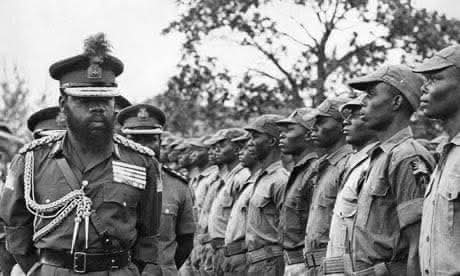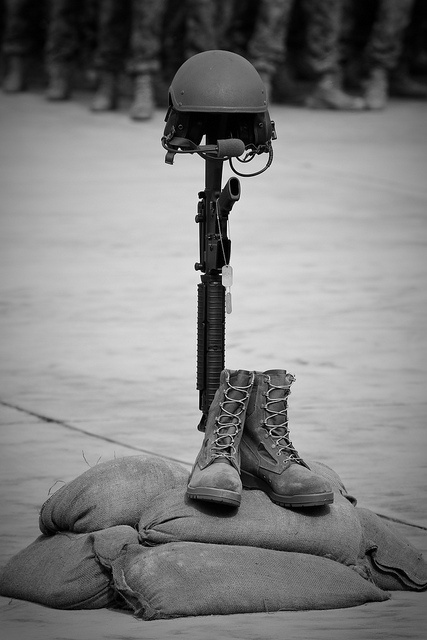The Sound That Wasn’t Heard
Freedom does not always die in the noise of war.
Sometimes, it dies quietly, in the stillness that follows.
In the hush between gunfire and grief, between history and denial.
It dies when tongues grow tired, when memories are buried beneath slogans, when the living learn to whisper because the dead were punished for speaking.
Silence is not peace. It is the wound after the cut, the smoke after the fire, the space where truth is supposed to echo, but doesn’t.
From Asaba to Lekki: The Echo That Refuses to Fade
There was Asaba, 1967.
Men and boys lined up by soldiers who spoke their language yet carried orders to erase them.
When the gunfire stopped, the air went mute. Mothers wailed softly, because even grief could attract danger.
There was Lekki, 2020.
A bridge, a flag, a song, interrupted by bullets.
Again, the silence came. Screens went dark. Voices were denied. The state tried to rename the blood, to repaint the truth.
History repeats itself not because time forgets, but because silence allows it to.
From Asaba to Lekki, the echo of denial has become a national anthem.
The Anatomy of Silence

Silence has many faces.
Sometimes, it is fear: the kind that sits heavy in the chest, whispering “don’t speak”.
Sometimes, it is fatigue: a generation too tired to protest again.
Other times, it is complicity: the soft agreement of those who find comfort in pretending not to know.
We are told to “move on.” To “let things go.”
But silence is not healing. It is how wounds become heritage.
We do not remember because we are brave.
We remember because forgetting is dangerous.
When Silence Becomes a Language
Across Africa, silence has learned to disguise itself as survival.
We speak in symbols, in art, in satire, in songs that say one thing but mean another.
We have mastered the whisper, the coded tweet, the brave pause.
Even stillness has become an act of defiance.
They tried to bury our voices, but they forgot that silence too can roar.
Sometimes it roars in the rhythm of a drum, the stroke of a painter’s brush, the verse of a poem.
In the spaces where words cannot go, art has carried the scream.
The Price We Pay
Every era has its price for silence.
In one, it was the journalist who vanished.
In another, it was the mother whose child never came home.
Today, it is the young man who scrolls through injustice and sighs, too numb to be outraged again.
Every generation that swallows its truth births another that must spit blood to be heard.
And so, we keep inheriting unfinished wars, because the silence of one decade becomes the suffering of the next.
Breaking the Silence
Yet somewhere in the noise of this weary continent, someone is still speaking.
A poet writes. A woman testifies. A crowd refuses to disperse.
And slowly, silence begins to tremble.
Because truth has a stubborn way of surviving.
It hides in archives, in stories told by moonlight, in online posts that refuse to be deleted.
Every word that dares to remember becomes a small rebellion, every story, a resurrection.
The Voice That Refuses to Die
Maybe this is what freedom truly means, not the absence of chains, but the refusal to stop speaking.
Freedom is not a flag. It is a voice.
It is every whisper that survives censorship, every memory that outlives its suppression.
And that, perhaps, is what BlaccTheddiPost was always meant to be;
a resistance in ink,
a reminder that truth, once spoken, cannot be silenced again.
We write not because we are free,
but because freedom must be written into existence.
And as long as words still burn in the dark,
as long as one voice still dares to say we remember,
then silence, no matter how heavy, will never win.So we must ask ourselves,
“If we stop speaking, who then will tell the world that we once dreamed of freedom?”
